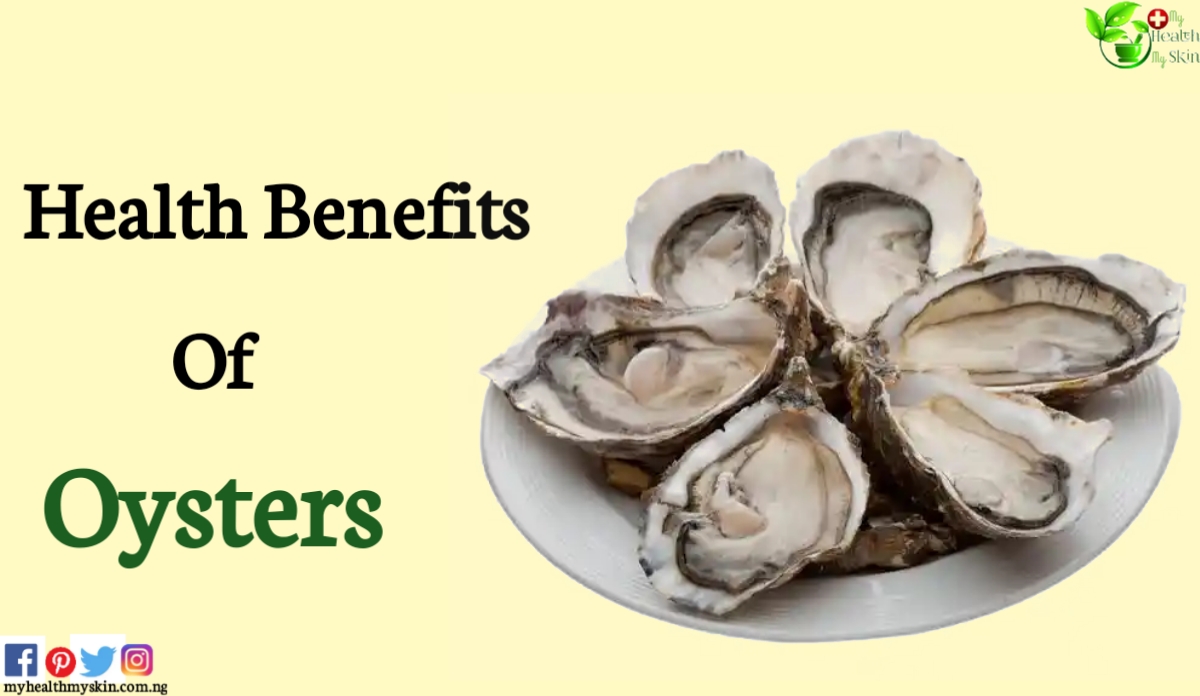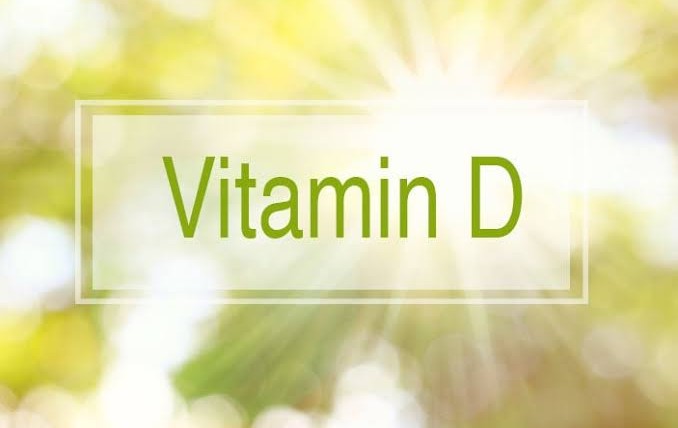Do you know the benefits of oysters? Did you know they are great sources of nutrients? This species of mollusk is widely used in food in various regions of the planet. Despite this, they can also be used in the pharmaceutical industry and nutrition, due to some healthy properties of their composition.
Oyster is the name given to a group of mollusc species common in salt and brackish water. Generally marine, oysters are known for two characteristics: they are a very tasty and nutritious seafood and it is the animal that produces the famous pearls.
Oysters are a very controversial food. Some people love this healthy food, others hate it. And we can’t stop talking about those people who are disgusted by this small marine mollusk. Personal taste and taste aside, science cannot deny that oysters are sources of important vitamins and nutrients.
Are you in doubts? Below are the health benefits of oysters. I’m putting forward two things: It’s very good for preventing aging and may be the key to regaining male sexual health and disposition.
[lwptoc]
Discover the Benefits of Oysters
When we think of oysters as a source of nutritional and medicinal properties, these shellfish are surprising. In addition to the undisputed flavor, oysters are rich in nutrients and substances that can be the answer to healthy aging and good health management.

Check out the benefits of oysters:
- Increases male libido
- It is a rich source of protein
- It has important nutrients for health
- Natural anticoagulant
- Good for the heart and brain
- Promotes healthy aging
- Improves blood quality
- Helps the nervous system
There are plenty of benefits, isn’t it? It is noteworthy that these that were listed are the benefits proven by science so far. Of course there are other benefits, but they are still being studied or undergoing testing.
Thus, we chose those that were mentioned because there is already a scientific basis that proves them. Thus, we make sure that all of these are based on original and certified research and studies. Below, you’ll learn more about each.
How the Benefits Work
Now you will see a little more about each of the benefits listed above. This is also where you will confirm that all these benefits are true. Information is based on scientific sources and official research.
Increases male libido
First, let’s start with a very recurrent question: are oysters an aphrodisiac? The answer is yes, especially for men. Studies show that men who consume oysters have improved libido, desire and sexual performance.
This is due to the zinc present in the nutritional composition of oysters. Zinc is the main component for the production of testosterone, the male hormone. This hormone is also responsible for sexual desire and health.
Having sex is good and good for your health. Not being able to satisfy your sexual appetite is a serious problem that needs to be treated by a specialist doctor. Therefore, oysters can serve as a natural supplement in the treatment to regain sexual health.
It is a rich source of protein
Studies and analyzes on the composition of oysters always show something in common: they are highly nutritious when it comes to ‘proteins.
In 50 grams of oyster you can get about 5 grams of pure protein, which is 10% of the recommended daily total.
Proteins, as everyone knows, are very important for good health. They are fundamental to muscles and help with many basic functions of the human body. Therefore, consuming oysters or naturally derived products is a healthy alternative to consuming protein.
It has important nutrients for health
In addition to protein, oysters are sources of several nutrients important for good health. Regular consumption of oysters nourishes the body with some vitamins that are hard to find in other foods, such as vitamin B12, for example.
When consuming a 50 gram oyster you get:
- 40.5 calories
- 4.7g of protein
- 133% of the Recommended Daily Intake (RDI) of vitamin B12
- 55% of zinc IDR
- 55% of selenium IDR
- 39% of copper IDR
- 16% of magnesium IDR
- 14% of the iron IDR
- 8% of the phosphorus IDR
- 7% of vitamin C IDR
See how it is possible to obtain several minerals that are beneficial to health when ingesting a single small oyster? Regarding vitamins, only two stand out: vitamin B12 and vitamin C.
Natural anticoagulant
A Chinese study carried out in 2018 proved that a protein found in oysters serves as a natural anticoagulant. In this way, it can prevent the formation of blood thrombi and, in some cases, improve circulation in general.
Thus, oysters are of great help in preventing and helping to treat circulatory diseases, such as thrombosis. The protein from this shellfish is able to reduce blood clotting when it is not welcome.
Good for the heart and brain
Oysters have some components that are great for heart and brain health. This is the case with vitamin B12, zinc, iron and magnesium, all of which are important nutrients for heart and brain health.
A national study carried out at the Federal University of Alagoas proved that the consumption of oysters reduces the risk of coronary heart disease. This problem usually occurs when plaque clogs the coronary arteries, limiting blood flow to the heart.
Another Brazilian study pointed out that fatty acids (such as omega-3, for example) found in oysters are of fundamental importance for cardiovascular health. In this way, consuming oysters helps to keep the heart functioning in a healthy way and prevents diseases.
According to research results carried out by the Nutrition Department of the Federal University of Alagoas, oysters are also good for the brain. Consuming this shellfish helps prevent psychiatric and neurological disorders.
In addition, the consumption of oysters also helps in the health of the nervous system, as you will see in the topic “It helps the nervous system”.
Promotes healthy aging
Vitamin B12 and fatty acids (omega-3 and omega-6) are very important in old age. You have probably already met an elderly person who takes omega-3s on medical advice. Oysters have a number of nutrients that are good for healthy aging.
The nutrients in the composition of oysters are a natural tonic to fortify the body and prevent diseases of both youth and old age. Thus, it is important in old age due to the chance of developing diseases.
Studies show that vitamin B12 is found in abundance in oysters and it helps to prevent brain shrinkage caused by aging.
Improves blood quality
Another benefit of vitamin B12 in the human body is the improvement in blood quality. According to the main medical and pharmaceutical researches on this vitamin, the benefits of forming, integrating and maturing red blood cells stand out.
Red blood cells, also known as red blood cells, are what give our blood its reddish color. Furthermore, they are responsible for taking several important substances to various organs and ensuring their proper functioning.
When there is a deficiency of vitamin B12, the red blood cells increase in size and end up with the nucleus disproportionate to the cytoplasm. It is worth remembering, however, that a single oyster per day already provides the recommended amount of vitamin B12 per day.
Helps the nervous system
Last but not least, oysters help in the health of the nervous system, preventing diseases and improving the functioning of neurons. This is due to vitamin B12 and zinc in the shellfish composition.
It has been proven that zinc helps in the treatment of diseases related to the nervous system, such as anxiety, stress and even depression. In addition, vitamin B12 prevents the wear and tear of myelin, a membrane that acts as a cover for peripheral neurons.
What are oysters?
Oysters are a species of molluscs, an animal considered to be a seafood foodstuff in various regions of the planet. They are related to octopus, squid and mussels, and like these, they are used in cooking (nutrition) and science (medicine and pharmaceuticals).
Oysters have a soft body (part consumed in food), protected by a very hard shell, very calcified. The adductor muscles of the oysters are strong, and they are responsible for closing the shell, making them very difficult to open, even for a human.
They can be found in various regions of the planet, usually fixed to rocks in the sea. The biggest oyster producers are Portugal, Italy, France, Holland, England and Belgium, where they are part of the traditional cuisine.
They feed on small beings and substances present in water, such as plankton, for example. Its means of feeding is through the gills inside it.
It is a type of mollusk belonging to the Ostreidade family and the Ostreoida Order. And, despite its interior being the main part both in cooking and in scientific research, its bark also has nutritional properties, such as calcium, for example.
The body of the oyster consists of the gills, stomach, heart, kidneys, intestine, gonads (sex organs), adductor muscle, anus, mantle and gills. Its main predators are humans, some fish, starfish and crabs.
How to prepare and consume?
First of all, it is important to obtain an oyster of good origin. Preferably those cultivated by licensed and specialized breeders. Taking this precaution reduces by 80% the chances of consuming a bad oyster, which can be harmful.
Secondly, experts always recommend that oysters be consumed after cooking at over 90°C. According to one study, oysters may contain disease-causing agents in humans, such as bacteria, viruses and parasites, for example.

When cooking the oyster, these agents are eliminated, which cleans the shellfish and even improves its flavor. After cooking, the oyster can be eaten hot or cold. The cooking preparations are numerous.
In Brazil, it is customary to eat oysters cold (but previously cooked) with a few drops of lemon and olive oil. There are those who prefer to eat it natural and even those who fry it in garlic and oil.
As I said, the options are many in gastronomy. So just remember to pay attention to where the shellfish comes from and to cook it. That way, you’ll be eating a quality oyster that will only bring you benefits!
How are pearls formed?
Pearls are a type of crystal formed inside oysters. Due to their beauty and rarity, they are considered to be jewelry of high commercial value. But do you know how they form? Here you see the answer.
Pearls are the result of an oyster protection mechanism. When a parasite or foreign substance invades the interior of this mollusc, it releases a substance called mother-of-pearl, which crystallizes around the invader and prevents possible damage (and its reproduction, in the case of parasites).
After 3 years of crystallization, this mass turns into a pearl. But it is not always round as we know it. The shape of the pearl depends on the type of invader that came into contact with the oyster’s body. The pearl’s color is a factor related to the mollusc’s health.
Round and white pearls are the most beautiful and famous. In turn, they are also the most expensive. They are produced by a specific type of oyster, called winged oysters. Nowadays, it is possible to artificially induce the production of pearls.
Fun Facts: Oysters are not the only molluscs capable of producing pearls. The mussel also has this ability, despite being a rarer event.
Care and precautions
First of all, it is very important that people who are allergic to seafood do not consume oysters. Of course, including this shellfish in the diet will bring allergic reactions and, depending on the degree of allergy, it may even lead to complications that can lead to death.
Another caution concerns the exaggeration. A single oyster contains a high amount of zinc (50% of the recommended daily intake). So by eating oysters, you already get the recommended level of zinc in your body. Exceeding this dose too much can be toxic.
Another precaution that must be taken into account is where the oysters are grown or collected. Remember that oysters absorb and filter water for food. Therefore, if the water is polluted or contains chemical elements, this can affect whoever ingests it.
In addition, excessive consumption of oysters of dubious origin can lead to food infection. So always opt for oysters grown by licensed breeders. That way, you can consume oysters without worries. Just taste and see the benefits!







